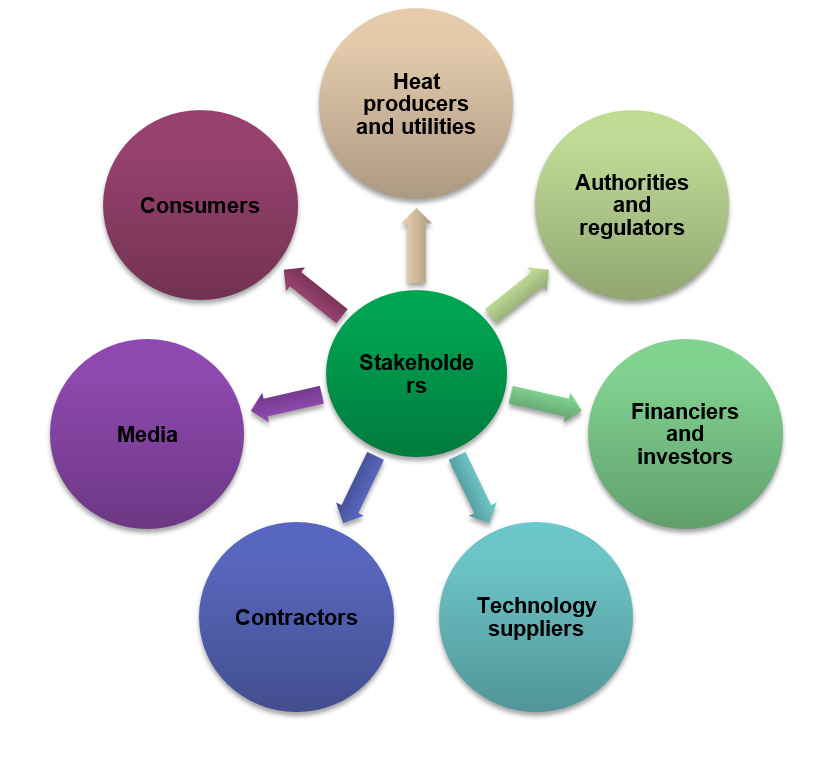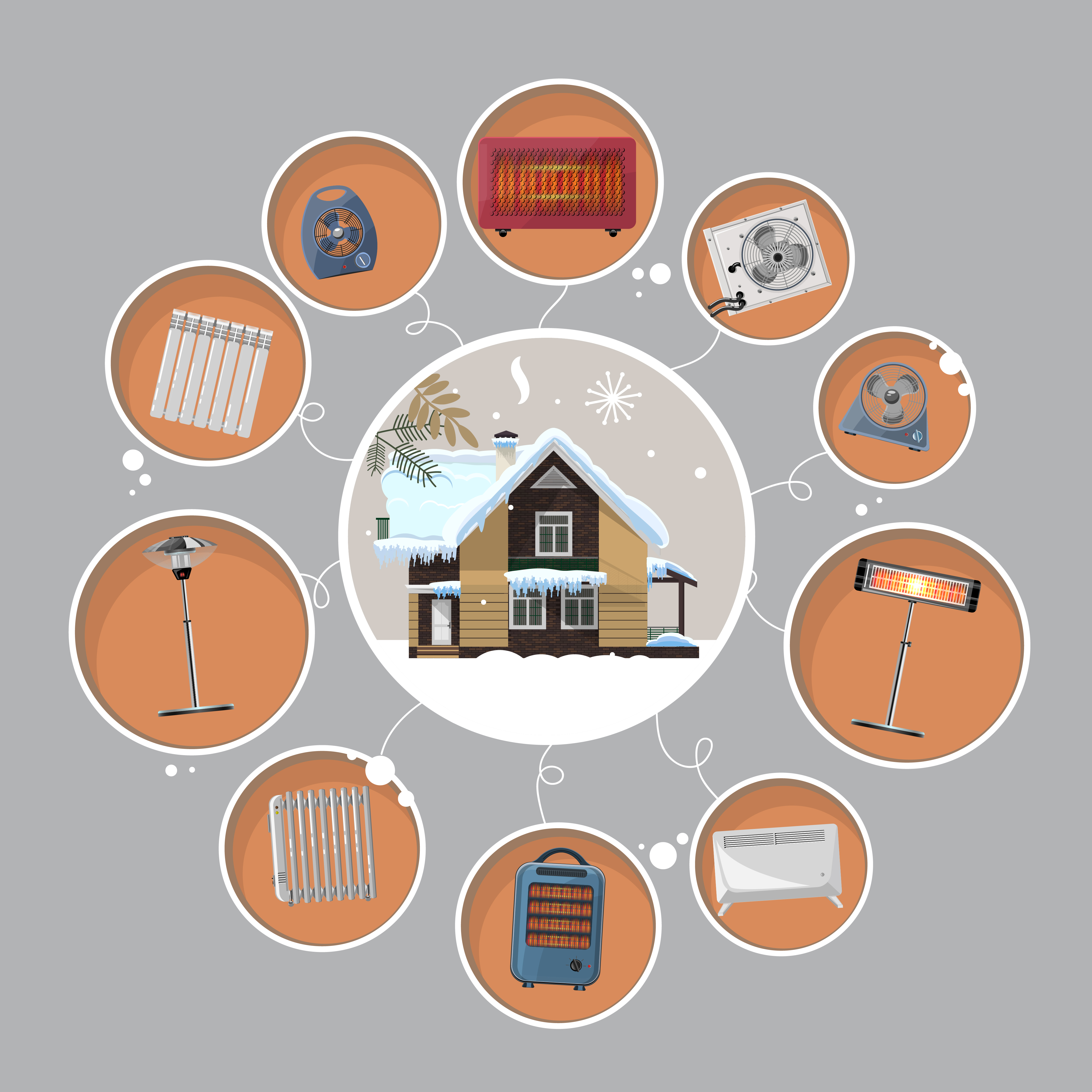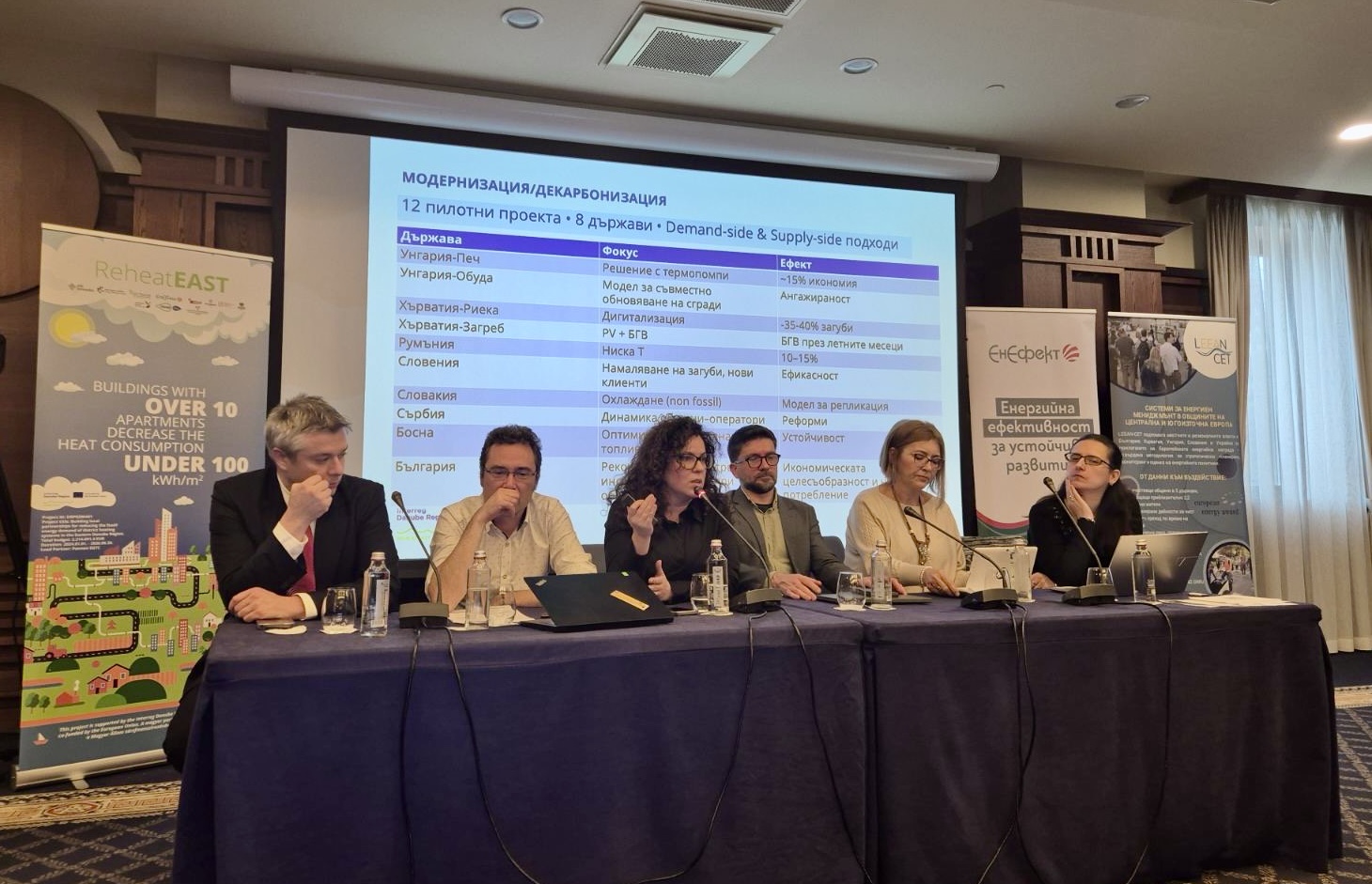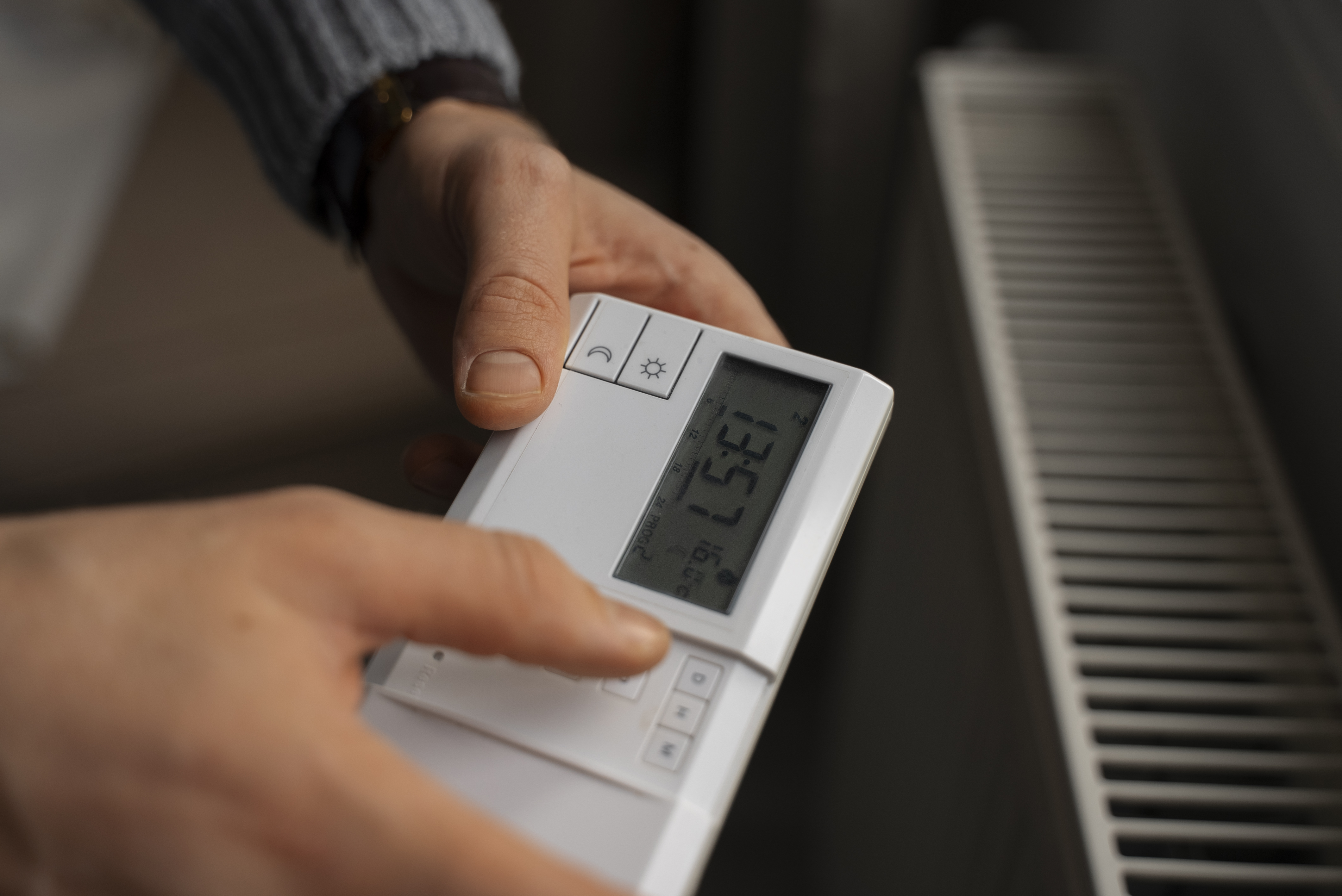
Stakeholder group specific survey has been launched
Partners have started to conduct their national surveys regarding the state of the art and future vision of DHC systems among the REHEATEAST countries. Our aim with the survey is to gain a detailed picture of the technical, regulatory, social and financial conditions of DHC systems with particular focus on common challenges and existing good practices in the REHEATEAST region. The objective is intertwined with the ambition to strengthen stakeholder engagement in the main ambition of the project which is to overcome financial and environmental sustainability challenges of DHC systems.

The REHEATEAST project, supported by the Danube Region Programme, aims to reduce the demand for fossil energy in district heating and cooling (DHC) systems through various incentives, measures and adaptive solutions, knowledge sharing, awareness raising and increased cooperation between actors in the field of district heating and cooling systems (DHC). The project aims to promote a holistic approach rather than sectoral thinking that addresses closely related issues separately. To this end, it intends to take action in the following areas: energy efficiency, waste heat, thermal storage, geothermal energy, billing practices, etc.
The first specific objective (SO1) is to map the technical, regulatory, social and financial conditions for district heating systems, with a focus on challenges and good practices in the REHEATEAST region. Achieving this objective requires the involvement of a wide range of actors. SO1 communication target groups include district heating suppliers, municipalities, construction companies, financial institutions and district heating consumers.
In the stakeholder identification and communication plan, the REHEATEAST consortium identified the relevant actors and communication methods. The methodology document for the survey is built on this plan. In the joint stakeholder survey and analysis methodology a common methodology for stakeholder assessment and analysis has been developed. This includes templates and survey concepts for different groups of actors.
This important document standardises the survey methodology, facilitating reliable data collection and analysis, which supports strategic decision-making. A standardised methodology increases the reliability and relevance of survey results, maximising the impact of the project. In order to collect comprehensive information from stakeholders in the different sectors of district heating and cooling, the partners developed detailed questionnaires. These were designed to ensure consistency in data collection and thus facilitate further analysis and comparison of results.
These templates cover a wide range of topics relevant to DHC systems, including current challenges, expected developments, the use of renewable energy sources, the application of new technologies, key changes needed for developments and much more. The survey questions are structured to elicit concrete and actionable responses from stakeholders, providing valuable data for analysis.

Stakeholders of REHEATEAST
News & Events
Read the most recent updates and explore the upcoming events.










